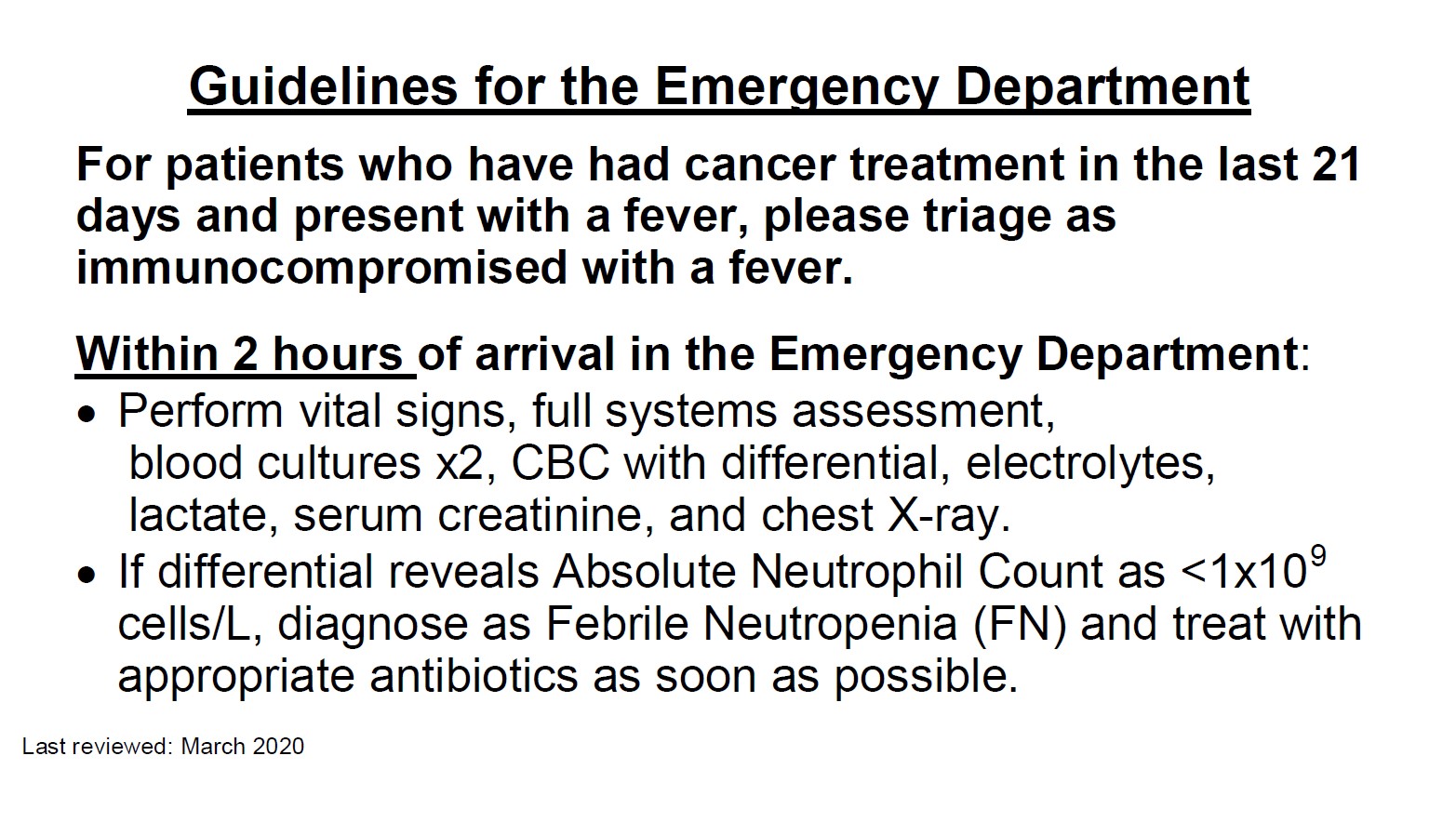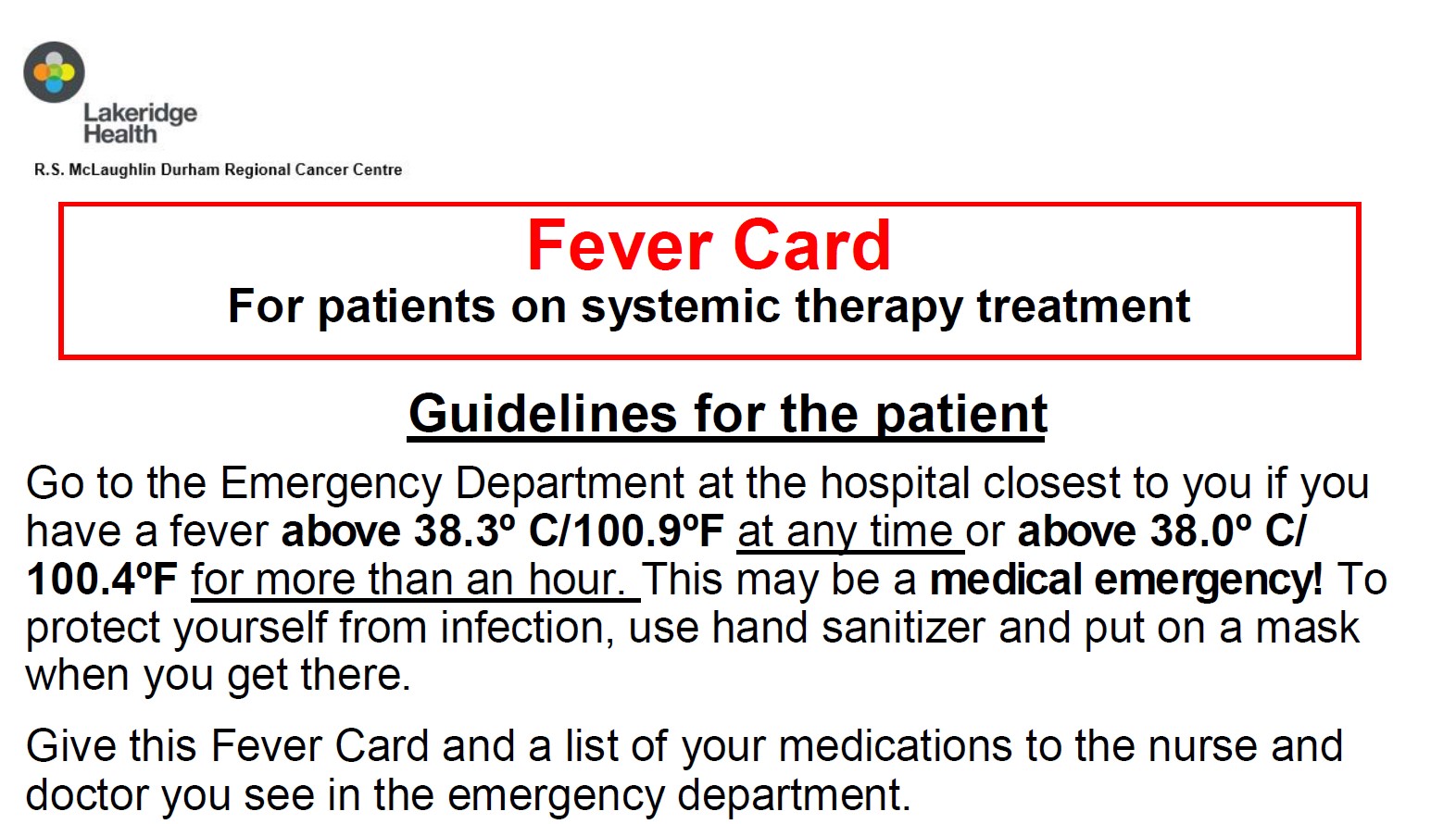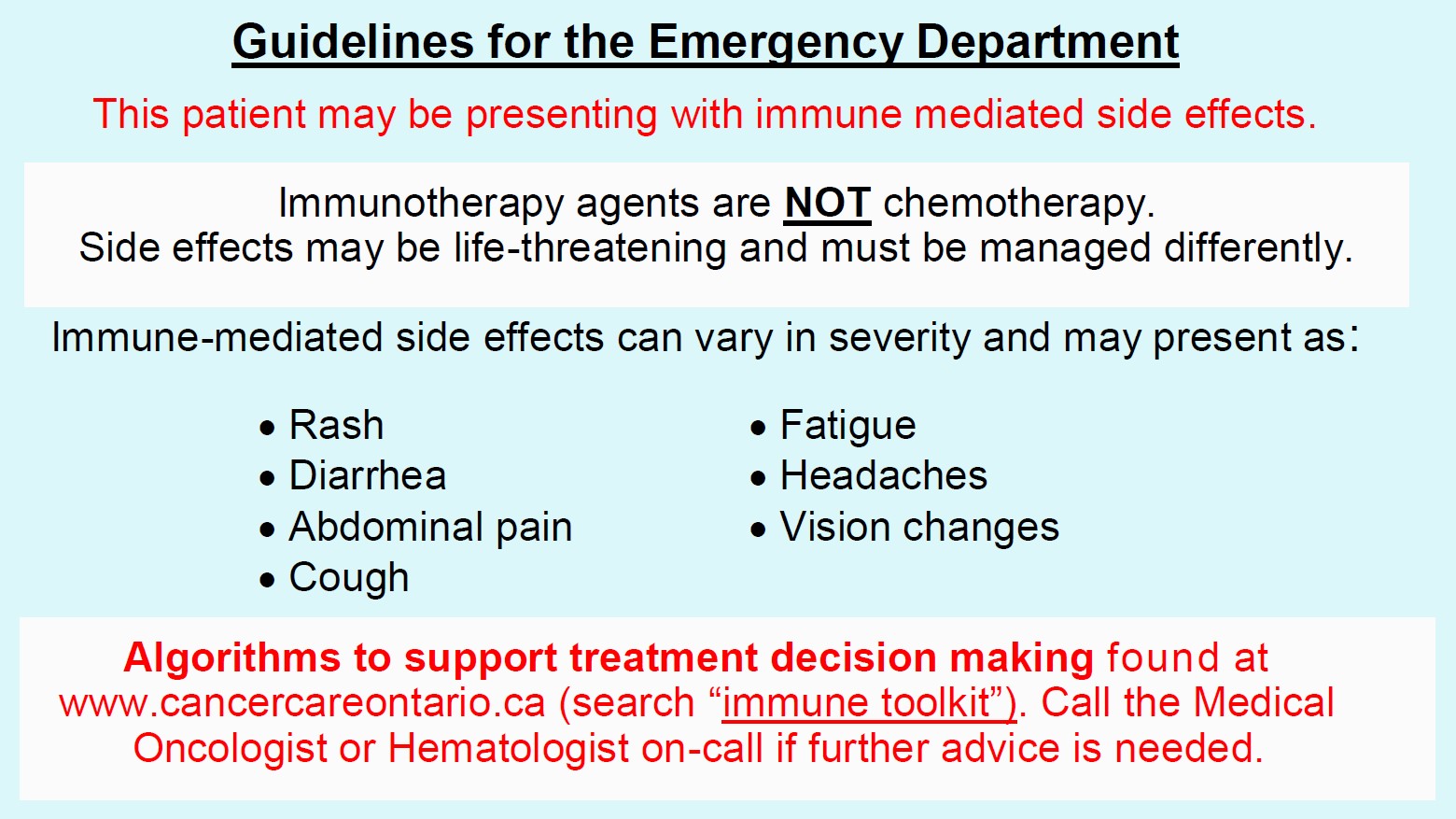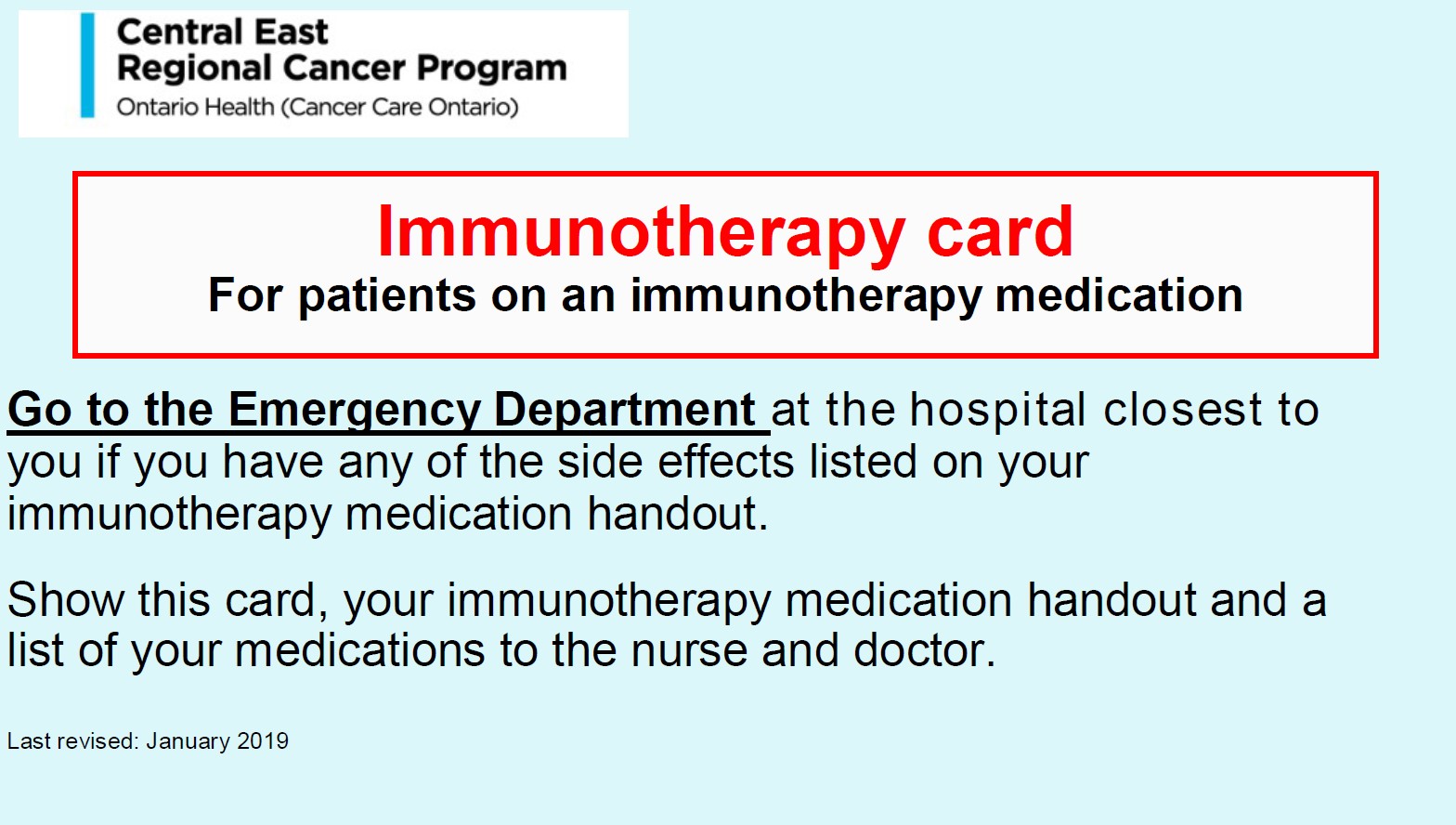Systemic Therapy
Last reviewed: April 3, 2025
Systemic Therapy is the treatment of cancer using medications. Your systemic therapy treatment may also be called chemotherapy or immunotherapy. You can be given these medications by mouth, by injection or by intravenous (IV). You may be given more than one medication. The treatment you are given is based on the type of cancer you have. Medications may be given to you at the cancer centre, at a clinic in the community or for you to take at home. Each person is different. Each cancer and treatment plan can also be different.
Systemic therapy treatment is given in cycles. A cycle has days of treatment and days of rest. Days of rest let your body build new healthy cells and regain strength.
Before you start your treatment:
- You will be asked to watch a teaching video. This video offers information on what you can expect for your systemic therapy appointments. Click here to watch this video. A link to this video will also be sent to your MyChart account.
- You will be given an appointment with a pharmacist at the cancer centre. Click here to watch a video to help you prepare for this appointment. The pharmacist will talk to you about the medications you will receive. You will be given information about side effects and how you can manage them. We encourage you to have a family member/partner-in-care participate in this appointment with you. This allows someone else to hear the information you are given.
- Click here to watch a video to learn about the support the Psychosocial Oncology Team can offer you. Click here to watch a video to learn about the support offered by the Indigenous Navigator.
You will see your healthcare team and have your bloodwork done before every treatment. You will be given your treatment on a different day. This allows our Pharmacy the time needed to prepare your medications.
Click here to read our handout on 'How to Manage Your Systemic Therapy Treatment Appointments'.
Your nurse will talk to you about safety in the Systemic Therapy Suite and at home. You can also watch the ‘Safety at Home When You are on Systemic Therapy’ video.
Every patient having Systemic Therapy Treatment is given this Fever Card.


A fever can be a medical emergency when you are having systemic therapy treatment. Take this card with you when you go to the Emergency Department (ED) with a fever. It is important that you show it to both the ED nurse and the ED doctor. One side of the card tells you when to go to Emergency. The other side of the card will help the nurse and doctor know how to care for you.
If you are taking an immunotherapy medication, you will be given this Immunotherapy Card.


The side effects you have when taking an immunotherapy medication can be life threatening. Take this card with you when you go to the Emergency Department (ED). It is important that you show it to both the nurse and the doctor. One side of the card tells you when to go to the ED. The other side of the card will help the ED doctor know what care and treatment you need.
When you come for your systemic therapy treatments
We will give you a new armband to wear for each of your treatment appointments. We will scan your armband and any medication we give you with a hand held scanner.
It is important that you:
- Arrive 15 minutes before the time of your appointment.
- Bring a supply of the medications you need to take during the time you are in the Systemic Therapy Suite.
- Drink 2 to 3 cups (500 to 750ml) of fluids before your treatment.
- Bring earphones if you plan to listen to music or watch a video.
- Dress in layers or bring a blanket.
- Bring snacks and drinks if your treatment is planned for more than 1 to 2 hours. Do not bring foods with a strong smell.
- Do not use or wear any product that has a perfume or scent.
To learn more about your systemic therapy treatment, read the Canadian Cancer Society booklet “Chemotherapy and Other Drug Therapies: A Guide for People with Cancer”.
Family members/partners-in-care
You may bring one (1) family member/partner-in-care with you to appointments if you need their support. Your family member/partner-in-care needs to:
- Be symptom free (not have any symptoms of a cold, the flu or any other virus).
- Use hand sanitizer/wash their hands often.
We may need to restrict the number of family members/partners-in-care in some areas of the cancer centre where space is limited. We need to make sure we can safely provide care and treatment to all patients.
Click here for more information on appointments in the cancer centre.
Directions
From Hospital Court
Enter through the main lobby and continue past the food court to the A-wing hallway, located just passed the lobby escalators. Turn left into the A-wing hallway and continue past the double doors into the first floor of the cancer centre. Please check in at the computer in the waiting room.
From Parkwood Court
The main entrance to the cancer centre is at the set of hospital doors furthest to the east on Parkwood Court. Come through this entrance and check in at the computer in the waiting room.

